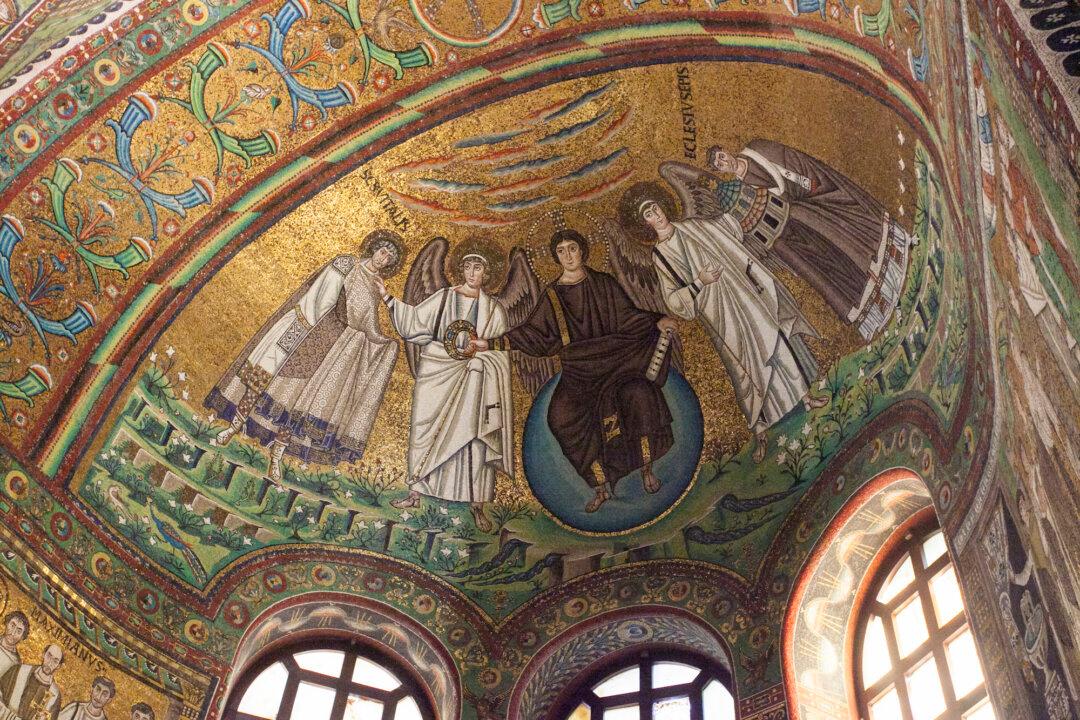Commentary
As the followers of Christ across the globe celebrate the death and resurrection of their Saviour over the Easter holiday, it might be appropriate for us to reflect on the role of Christianity (and Christians) in Australia’s society.


As the followers of Christ across the globe celebrate the death and resurrection of their Saviour over the Easter holiday, it might be appropriate for us to reflect on the role of Christianity (and Christians) in Australia’s society.